
This slide show includes some of the top highlights from the 2016 ASCO Genitourinary Cancers Symposium, including studies on hypofractionation in low-risk prostate cancer, cabozantinib in advanced RCC, and more.

Your AI-Trained Oncology Knowledge Connection!


This slide show includes some of the top highlights from the 2016 ASCO Genitourinary Cancers Symposium, including studies on hypofractionation in low-risk prostate cancer, cabozantinib in advanced RCC, and more.
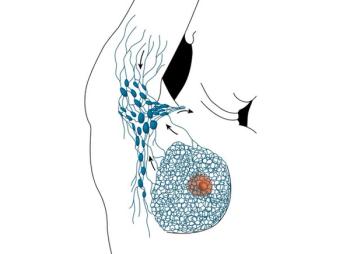
In this slide show we take a look back at the past year in cancer news and research, with some of our most read stories of 2015 including new immunotherapy approvals, a look at the overtreatment of DCIS, a study on fish oil and chemoresistance, and more.
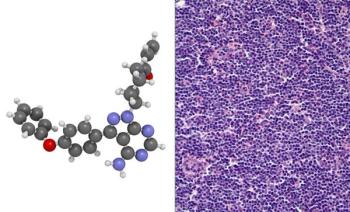
This slide show highlights the 2015 FDA approvals of cancer treatments, which included therapies for melanoma, RCC, sarcoma, and lung, breast, and pancreatic cancers, as well as various hematologic malignancies.

In this November news roundup we highlight some of the top stories of the month, including several FDA approvals, new breast cancer guidelines, and more.
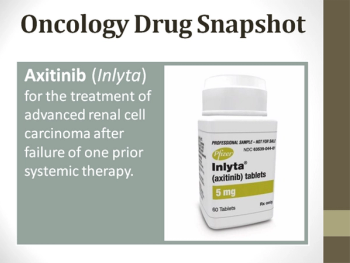
This oncology drug snapshot takes a look at axitinib (Inlyta) for the treatment of advanced renal cell carcinoma (RCC) after failure of one prior systemic therapy.

Accumulating evidence suggests that aspirin could decrease the risk of a cancer diagnosis or the chance of death from commonly diagnosed cancers. However, studies and clinical trials have been mixed, and do the benefits outweigh the risks of gastrointestinal bleeding and peptic ulcers?

This slide show highlights recent studies that examined coffee consumption as it relates to cancer risk, including melanoma, breast and liver cancers, and more.

In this slide show we present some of the top cancer stories of 2014, including a newly discovered gene that confers a high-risk of breast cancer and the impressive survival improvement with the addition of docetaxel to ADT in newly diagnosed metastatic prostate cancer.
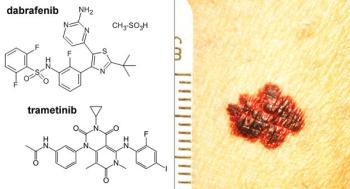
This slide show highlights the 2014 FDA approvals of cancer treatments, which included therapies for melanoma and lung, gastric, ovarian, and cervical cancers, as well as various hematologic malignancies.

This slide show highlights some of the top studies and news on colorectal cancer to come out of the 2014 American Society of Clinical Oncology (ASCO) Annual Meeting, held in Chicago.

This slide show highlights some of the top studies and news on lung cancer to come out of the 2014 American Society of Clinical Oncology (ASCO) Annual Meeting, held in Chicago.
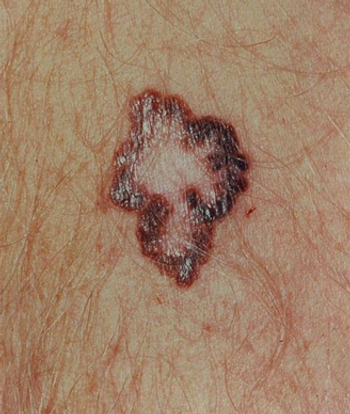

Metastatic melanoma patients treated with a dabrafenib/trametinib combination experienced a 3.6-month increase in overall survival compared with patients treated with dabrafenib alone. The results were not statistically significant, partly due to the crossover design of the trial.

Final results of a cohort from a phase II monotherapy trial of quizartinib in acute myeloid leukemia patients showed that more than half of patients 60 years of age and older who harbored an internal tandem duplication in the FMS-like tyrosine kinase 3 had a composite complete remission.
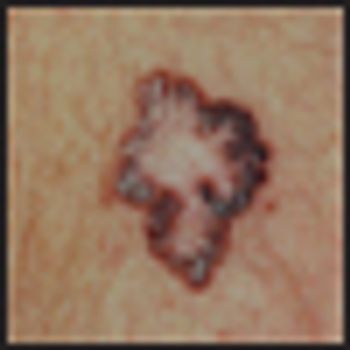
In a phase III trial, the oral BRAF inhibitor dabrafenib, improved progression-free survival in previously untreated metastatic melanoma patients.

A study published last month shows that the melanoma drug ipilimumab has activity in melanoma patients whose cancer has spread to the brain. Long-term survival of melanoma patients with brain metastases was comparable to survival of metastatic melanoma patients without brain metastases.

A study published this week shows that taking retinol, a form of vitamin A, results in a decrease in the risk of developing melanoma. The effect is limited to those who took vitamin A in excess of standard multivitamin guidelines and was more pronounced in women than in men.

In a rare case where the side effect of a cancer treatment can be explained through molecular studies, researchers have identified the reason behind the frequent skin lesion side effect among metastatic melanoma patients that take the newly approved drug vemurafenib.

CancerNetwork highlights four sessions--on anaplastic large cell lymphoma, lymphoma in pregnancy, follicular lymphoma, splenic marginal zone lymphoma--you won’t want to miss from this year’s ASH.

Immunotherapy is finally getting the cancer clinical and research community excited: A large portion of the presentation and discussion at the Melanoma International Congress, held in Tampa, Florida last week focused on immunotherapy approaches for the treatment of the disease.

The theme of the SMR meeting in Tampa this year was “Advancement through Collaboration," and this theme was clearly reflected in the meeting.

With positive read-outs from trials over the last two years and approval of two new agents for the disease, Yervoy and Zelboraf, the field is already looking to new agents and combination trials to improve patient outcomes and survival.

Last week, well-known Canadian blogger Derek Miller's final blog entry was posted on his site, penmachine.com. Miller, who died on May 3 at the age of 41, was diagnosed with stage IV metastatic colorectal cancer in 2007.

Researchers at UCLA have engineered “vaults,” barrel-shaped nanoscale capsules found in the cytoplasm of mammalian cells, to slowly release chemokine CCL21 into tumors. CCL21 is a protein that, in pre-clinical studies in mice with lung cancer, stimulated the immune system to recognize and attack the cancer cells.
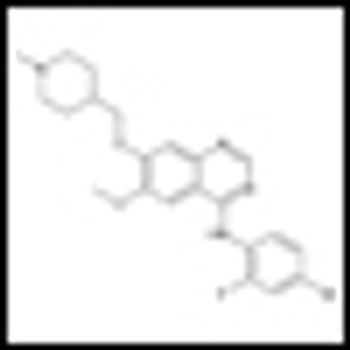
AstraZeneca today announced that the orphan drug vandetanib is now available to U.S. patients for the treatment of medullary thyroid cancer that cannot be removed by surgery or that has spread to other parts of the body.

The study represents one of the largest cancer genomics investigations reported, with more than 10 trillion chemical bases of DNA sequenced. While its results underscore the complexity of breast cancer biology, the mutations uncovered may provide further clues to inform personalized therapy of this common breast cancer subtype.

Speaking at the ACCC last Friday, Sean Tunis, founder and director of the Center for Medical Technology Policy, gave a basic primer on what he sees as the primary goal of comparative effectiveness research.

Today, March 8, is the 100th anniversary of International Women’s Day, Here is a small sampling of initiatives by health organizations and healthcare leaders dedicated to treating, preventing, and increasing awareness of women’s cancers, and improving women’s health.

Esophageal cancer generally has a poor prognosis; while preoperative chemotherapy is recommended, tumors often do not respond to treatment.

In a population-based screening study of nearly 20,000 men in Rotterdam, men with baseline prostate-specific antigen (PSA) levels < 3 ng/mL were at very low risk of developing prostate cancer.